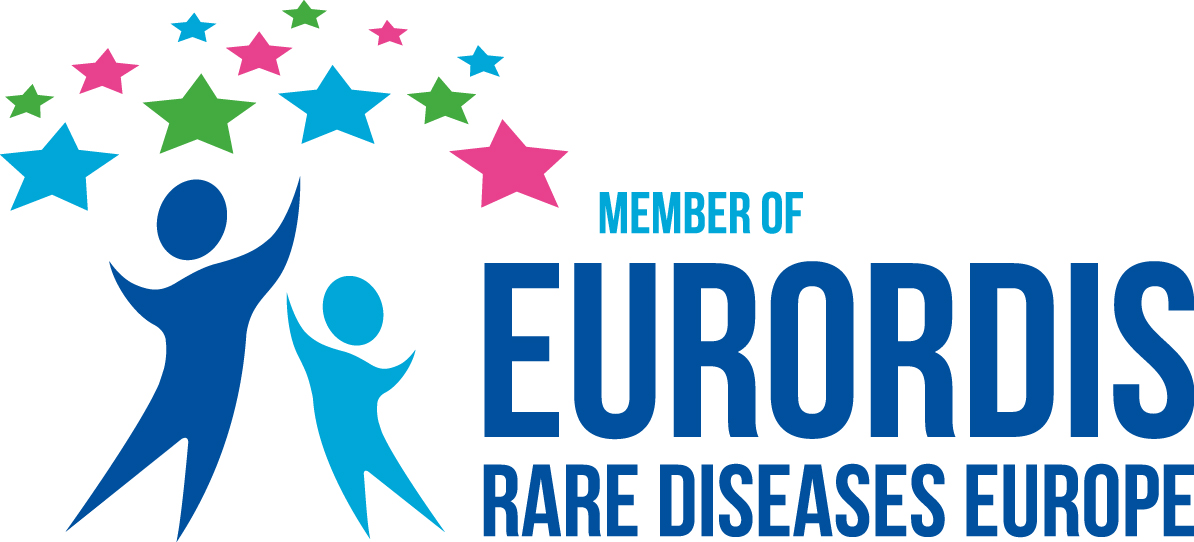
Speeding Therapy Access Today
Removing Regulatory Roadblocks
There are over 7,000 identified rare diseases and disorders in the world. While Superficial Siderosis may impact a small number of people, the Everylife Foundation believes a cumulative 30 million Americans are living with all these conditions. 93% to 95% have no FDA-approved treatments. While there are many reasons, research and regulatory challenges remain high on the list.
When others might have a randomized, controlled trial, with multiple — you know, two studies being the gold standard, placebo-controlled trials, those all become very difficult to do in ultra-rare diseases
Jamie Sullivan, Public Policy Director, Every Life Foundation for Rare Diseases

As Superficial Siderosis patients know all too well, there are hurdles to access, including insurance companies’ roadblocks on coverage. Therefore, it would be best to be prepared to fight non-approvals or restrictions of testing, imaging, procedures, or chelation.
How It helps
The STAT Act would create a rare disease institute within the FDA tasked with developing streamlined ideas about the review process of therapies for rare diseases, execute policy enhancement, and direct condition-specific regulatory science initiatives. In addition, the STAT ACT would establish a new FDA advisory committee to identify barriers to treatment development and access and a program addressing ultra-rare diseases named LATITUDE.
The LATITUDE program would award grants to aid in developing therapies for conditions impacting very small numbers of people. It also aims to improve coverage of treatments by insurance companies and other payers.
Working Together
The STAT Act was introduced in April by the bipartisan Rare Disease Caucus with the support of both houses of Congress. Rep. Gus Bilirakis issued a statement, “For me, this work is very personal because I have known so many people struggling with a rare disease. The lack of available treatments and therapies for rare disease patients is a common problem. The targeted FDA reforms contained in the STAT Act will have a meaningful impact on the acceleration of treatment development and will provide hope to the millions of patients and families who are coping with a rare disease. We’ve seen this Center of Excellence approach work with cancer, and I believe the results will be equally successful for the rare disease community.”
Contact Your Legislators Today
To contact your Members of Congress
and ask them to co-sponsor the STAT Act,
complete the fields in the message box
compliments of the EveryLife Foundation.
Follow this link to send or call.
If you like, may edit the pre-filled message
to include your personal experiences
with rare diseases too.


